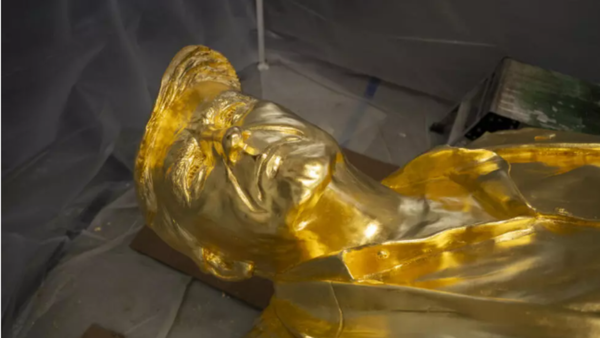
Following the recent enactment of a similar law in Louisiana, Texas Lt. Gov. Dan Patrick has expressed his commitment to passing a bill that would mandate the display of the Ten Commandments in public school and college classrooms. Patrick criticized Texas state House Speaker Dade Phelan for halting a state Senate bill that aimed to implement this requirement, vowing to reintroduce the measure.
SB 1515, if passed, would necessitate Texas public elementary and secondary schools to exhibit the Ten Commandments in each classroom, a mandate that is currently absent. Patrick emphasized the historical significance of this tradition in recognizing America's heritage and the fundamental foundation of American and Texas law.
Phelan and Patrick's disagreement stems from past conflicts, including Patrick presiding over the impeachment trial of Texas Attorney General Ken Paxton earlier this year. Patrick lamented Phelan's inaction on the bill, asserting that Texas missed the opportunity to be the first state to reinstate the Ten Commandments in schools.
Meanwhile, Louisiana recently became the inaugural state to enforce the display of the Ten Commandments in public school classrooms. The American Civil Liberties Union and other civil rights groups have expressed intentions to challenge the law, citing concerns about religious coercion and the diverse religious landscape of the United States.
Legal experts, such as Notre Dame Law School Professor Richard W. Garnett, anticipate that other states may follow Louisiana's lead. The constitutionality of such measures remains uncertain, with potential scrutiny on the coercive impact of religious displays in educational settings and the government's obligation to uphold religious pluralism.
In response to Louisiana's law, the ACLU and civil rights groups emphasized the private nature of religious beliefs and the government's responsibility to refrain from imposing specific religious doctrines on students and families in public schools. The debate surrounding the display of the Ten Commandments in educational institutions reflects broader discussions on the intersection of religion, education, and constitutional rights.







